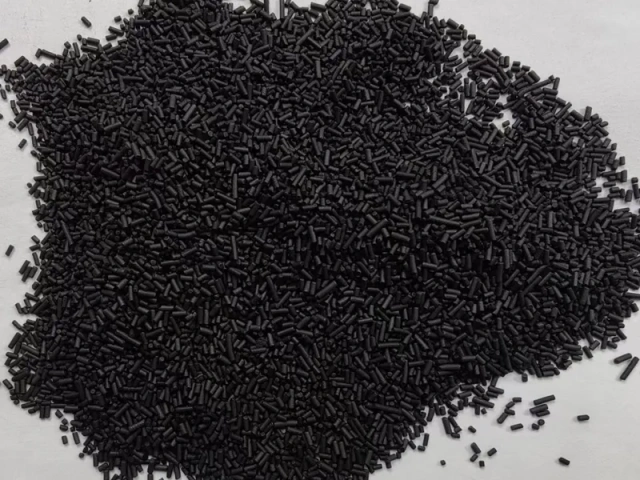The Comprehensive Guide to Carbon Molecular Sieves for Industrial Use
Table of contents:
Selecting the Right Carbon Molecular Sieve for Your Nitrogen Generation Needs
Understanding the Physical Properties of Molecular Sieve Carbon
Comparing Carbon Molecular Sieves to Other Adsorbents for Gas Separation
Environmental Impact and Sustainability of Carbon Molecular Sieve Production
Selecting the Right Carbon Molecular Sieve for Your Nitrogen Generation Needs
Choosing the appropriate carbon molecular sieve is paramount for optimizing nitrogen generation systems. The molecular sieves market offers a variety of options, each tailored to specific industrial requirements. When selecting a CMS, factors such as particle size, bulk density, and adsorption cycle time play crucial roles. For instance, CMS with a diameter range of 1.0-1.8mm and a bulk density between 630-680g/L is commonly used in Pressure Swing Adsorption (PSA) systems. The molecular sieve carbon wholesale market provides these specifications to ensure compatibility with various industrial setups. By carefully considering these parameters, businesses can maximize the efficiency of their nitrogen generation processes and achieve the desired purity levels.
Understanding the Physical Properties of Molecular Sieve Carbon
The effectiveness of carbon molecular sieves stems from their unique physical properties. These cylindrical black solids possess a highly porous structure that allows for selective adsorption of gas molecules. In the molecular sieves market, CMS is valued for its nonpolar nature, which enables it to separate nitrogen from air through pressurization and depressurization cycles. The compressive strength of ≥50N ensures durability under the demanding conditions of industrial use. Molecular sieve carbon wholesale suppliers often highlight these properties, as they directly impact the performance of gas separation systems. Understanding these characteristics is essential for engineers and plant managers looking to optimize their processes and achieve high-purity nitrogen production.
Comparing Carbon Molecular Sieves to Other Adsorbents for Gas Separation
When evaluating gas separation technologies, it's crucial to compare carbon molecular sieves with other adsorbents available in the molecular sieves market. CMS stands out for its superior ability to differentiate between oxygen and nitrogen molecules, making it ideal for nitrogen generation. Unlike zeolites or activated carbon, CMS offers a more precise separation due to its tailored pore size distribution. This specificity allows for higher nitrogen purity levels and improved efficiency in PSA systems. The molecular sieve carbon wholesale industry has seen growing demand as industries recognize these advantages. While other adsorbents may have their place in certain applications, CMS remains the go-to choice for high-purity nitrogen production in various sectors, including chemicals, electronics, and food packaging.
Environmental Impact and Sustainability of Carbon Molecular Sieve Production
As environmental concerns become increasingly prominent, the sustainability of carbon molecular sieve production has come under scrutiny. The molecular sieves market is responding to these concerns by developing more eco-friendly manufacturing processes. While CMS production does require energy input, its long lifespan and efficiency in gas separation contribute to overall energy savings in industrial processes. Molecular sieve carbon wholesale suppliers are now focusing on sourcing raw materials responsibly and optimizing production methods to reduce carbon footprints. Additionally, the use of CMS in nitrogen generation systems helps industries minimize their reliance on more energy-intensive methods of gas production, thus indirectly contributing to environmental conservation efforts.
The carbon molecular sieve industry continues to evolve, driven by technological advancements and growing demand across various sectors. From the careful selection process to understanding physical properties and environmental considerations, CMS plays a vital role in modern industrial gas separation. As the molecular sieves market expands, businesses that harness the power of CMS technology position themselves at the forefront of efficient and sustainable operations. By leveraging the benefits of molecular sieve carbon wholesale, industries can achieve higher purity levels, improved energy efficiency, and reduced environmental impact in their gas separation processes.

Comments
Post a Comment